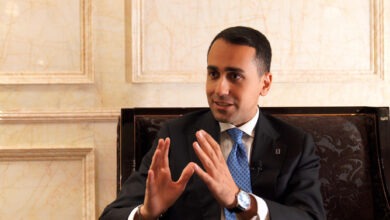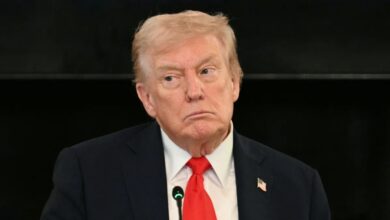Uzbekistan and Kuwait: Towards Mutually Beneficial Cooperation
Foreign policy concepts of the two countries are very similar. Both Uzbekistan and Kuwait see their development prospects as being closely connected with the countries of their respective regions.
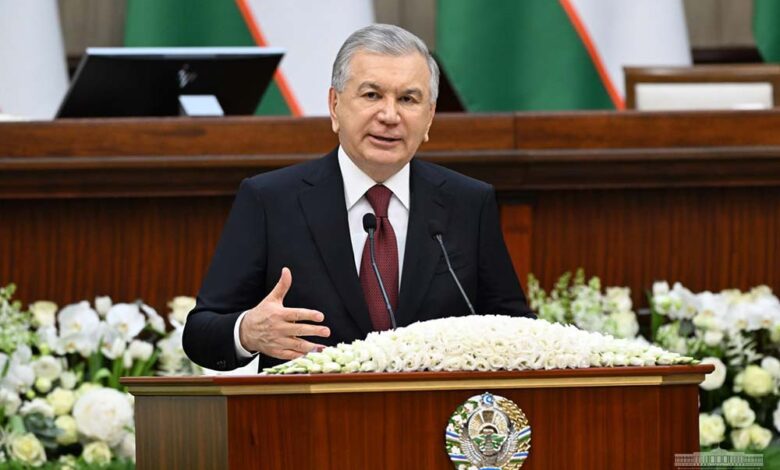
By Aziz Karimov
In recent years, within the framework of its renewed foreign policy concept, Uzbekistan has been strengthening its external relations with traditional partners, enhancing its activities in international organizations, and expanding its partnerships’ geography. This trend is particularly evident in Uzbekistan’s efforts to elevate its relations with the Gulf Arab states to a new level.
An important aspect is that relations with these countries are developing both multilaterally and bilaterally. This is reflected in establishing the ‘Central Asia – Gulf Arab States Council Strategic Dialogue’ and successfully hosting the first high-level summit in this format in 2023. Tashkent places special emphasis on developing bilateral relations with the region’s countries, with Kuwait being a priority.
Recently, Uzbekistan has intensified political dialogue with Kuwait. In April 2024, Kuwait’s Foreign Minister, Abdullah al-Yahya, was received by the President of Uzbekistan, Shavkat Mirziyoyev. In 2024 alone, five rounds of negotiations were held between the two countries’ foreign ministers. The dialogue between economic agencies and business circles has also been strengthened. Last year, over 100 Uzbek entrepreneurs visited Kuwait City. In May and August 2024, two business forums and ‘Made in Uzbekistan’ exhibitions were organized in Kuwait.

In turn, business forums were held in Uzbekistan with the participation of a 31-member Kuwaiti business delegation. Prominent Kuwaiti companies also visited Uzbekistan. It is important to note that the activation of relations in this manner is not without reason. Kuwait is a comprehensively beneficial partner for Uzbekistan. This is due to several factors.
First, the foreign policy concepts of the two countries are very similar. Both Uzbekistan and Kuwait see their development prospects as being closely connected with the countries of their respective regions. Just as Uzbekistan plays a crucial role in the integrity and stability of Central Asia, Kuwait holds a significant position in the development of regional cooperation among Gulf states.
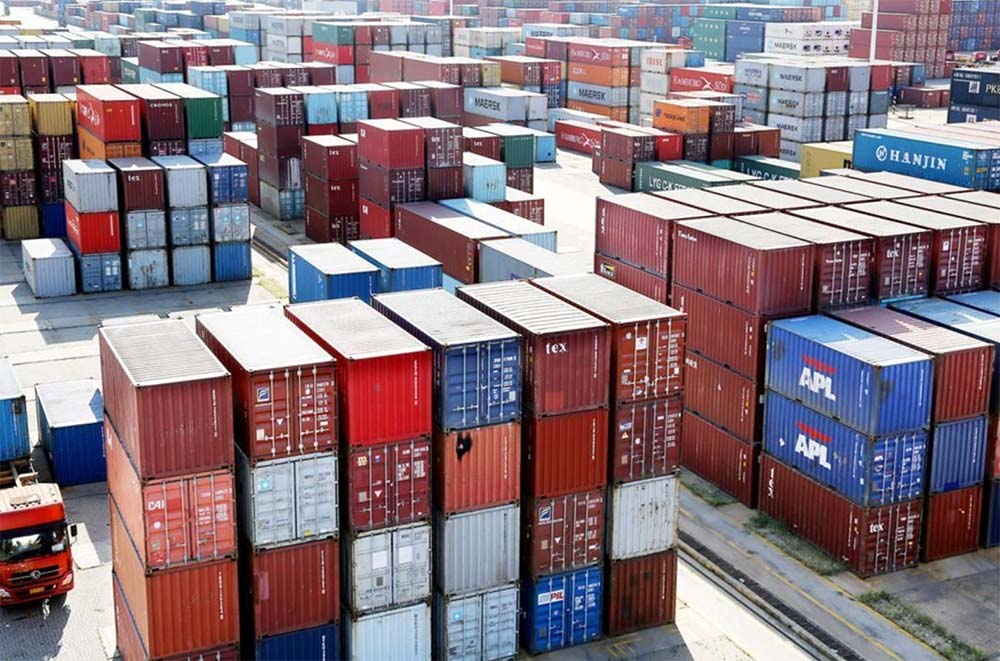
In this context, it is worth recalling that the late former Amir of Kuwait, Sheikh Jaber al-Ahmad al-Sabah, was one of the founders of the Gulf Cooperation Council. Similarly, at the modern stage, the President of Uzbekistan, Shavkat Mirziyoyev, has fulfilled a historical mission. His election as President of Uzbekistan positively influenced the political situation in Central Asia. Uzbekistan chose the path of rapprochement with its neighbors and jointly building the region’s future. The Consultative Meetings of regional leaders, initiated by the President of Uzbekistan, now serve as a key mechanism for ensuring intensive cooperation.
Second, the countries share common approaches within their participation in international organizations. For instance, Kuwait and Uzbekistan present similar views and proposals on platforms such as the United Nations and the Organization of Islamic Cooperation. Both countries advocate for joint efforts to address international security issues and promote stable, inclusive development. Tashkent and Kuwait City have supported each other’s initiatives, providing political backing to these organizations.
Third, the two countries have aligned economic development strategies. Uzbekistan and Kuwait have placed economic modernization and diversification at the center of their domestic agendas. These goals are reflected in the New Uzbekistan 2030 and New Kuwait 2035 strategies. Both countries are undergoing a similar historical stage of development, namely a period of profound transformation. The success of this process depends not only on internal factors but also on creating a favorable external environment. Therefore, both countries are interested in expanding their circle of external partners, attracting investments, and accessing new markets. Establishing constant coordination in these areas would be mutually beneficial.
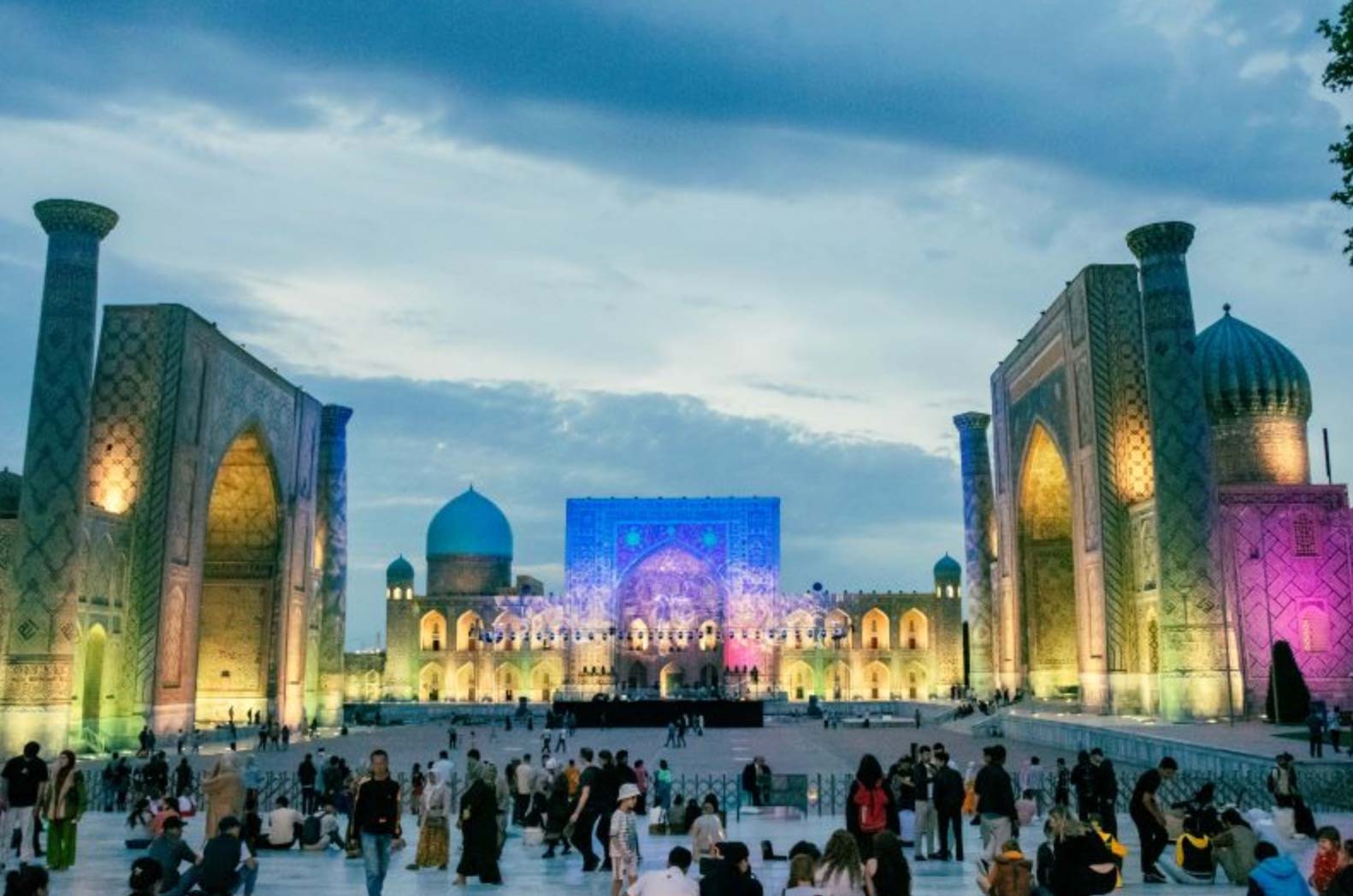
Fourth, developing bilateral economic relations is equally advantageous for Uzbekistan and Kuwait. This is closely linked to the two countries’ international and regional financial and geographical significance and strategic goals. Uzbekistan holds a strategically important geographical position in Central Asia, as it is the only country in the region that shares borders with all other Central Asian states. Uzbekistan also provides access to Eurasian markets.
Moreover, the country is at the crossroads of major international land routes. This means that Uzbekistan, and Central Asia as a whole, is strengthening its position in the new global economy model, restoring its role as a traditional transport corridor connecting East and West. Kuwait’s location is also of strategic importance, both regionally and globally. While Uzbekistan is at the crossroads of land routes, Kuwait is at the intersection of maritime trade routes. Additionally, the country is located in the heart of the Middle East region.
The above factors indicate that industrial cooperation between Uzbekistan and Kuwait would create favorable opportunities for both countries to access third-country markets. Central Asian markets could serve as a platform for diversifying Kuwait’s economy and reducing the dominance of fuel products in its trade. In turn, Uzbekistan could solve the problem of accessing maritime trade routes by strengthening economic cooperation with Kuwait. The two countries could serve as logistical hubs for each other.
Another factor worth noting is the economic significance of the two countries. Uzbekistan has the second-largest economy in Central Asia. In recent years, the country’s economy has shown high growth dynamics. Over the past seven years, Tashkent has doubled the country’s GDP. By the end of 2024, Uzbekistan’s GDP grew by 6.5 percent compared to the previous year, reaching $115 billion.
On the other hand, Kuwait is a country of significant importance for the global and Middle Eastern economies. The country holds a unique position in the current global energy security architecture. Kuwait is one of the world’s top ten oil-exporting countries, ranking second in the Gulf and sixth globally in oil reserves. Due to its rich resources, the country has one of the largest economies per capita in the world.
Considering the above factors, several areas of cooperation can be highlighted as particularly beneficial for Uzbekistan and Kuwait.
Trade: Over the past five years, trade turnover between Uzbekistan and Kuwait has increased fivefold. Currently, seven enterprises with Kuwaiti capital operate in Uzbekistan. However, this does not fully reflect the economic potential of both sides. In 2023, Kuwait’s trade in goods and services with other countries amounted to $164 billion, while Uzbekistan’s figure reached $63 billion. The agreement signed in 2024 to simplify trade processes could be a significant step in increasing trade dynamics.
Investment: Kuwait has significant investment potential. The Kuwait Investment Authority ranks second in the Gulf and fifth globally regarding financial capabilities. Its current assets are estimated at nearly $1 trillion. Another fund, the Kuwait Fund for Arab Economic Development, is a prestigious organization that provides concessional grants and loans to developing countries. In turn, Uzbekistan is becoming a significant investment destination with vast opportunities. Since 2017, Tashkent has attracted nearly $80 billion in foreign investments. From this perspective, Uzbekistan could be a promising direction for Kuwaiti investors.
Tourism: In 2022, nearly half (47%) of Kuwait’s service imports were related to tourism. Kuwaiti tourists spent over $10 billion abroad. With its rich cultural heritage, Eastern science, and historical centers of Islamic culture, Uzbekistan could become an important tourism destination for Kuwaiti travelers.
Digital Economy: Both Uzbekistan and Kuwait are rapidly introducing modern digital technologies into their economies. Kuwait’s information and communication technology market currently exceeds $22 billion, while Uzbekistan’s digital economy is worth nearly $4.5 billion. Therefore, Kuwait could share its extensive experience in successfully integrating digital infrastructure into the economy with Uzbekistan. This aligns with the priority goals of the Digital Uzbekistan 2030 Strategy.
Agriculture: Kuwait’s agricultural capabilities are limited. The country imports nearly 94 percent of its food needs. With its high potential in food production, Uzbekistan could be a promising partner in ensuring Kuwait’s food security. This cooperation could develop through the establishment of joint production enterprises. It is worth noting that Kuwait has significant experience in this area, having financed 45 agricultural projects in 21 African countries in recent years to ensure food security.
In conclusion, economic and political cooperation between Uzbekistan and Kuwait will be a significant step in ensuring the steady development of both countries. Strengthening bilateral relations between the two states will provide another strong impetus for enhancing interregional cooperation.
Aziz Karimov
Leading researcher at the Institute for Strategic and Regional Studies under the President of the Republic of Uzbekistan








